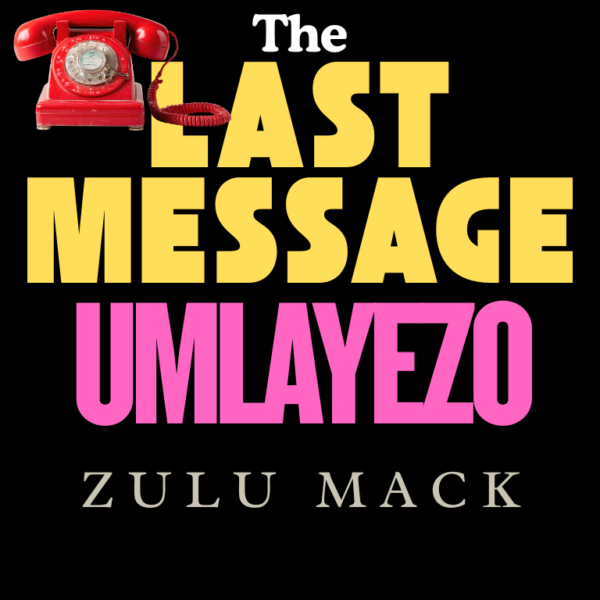
Some Zambian children have never seen a dial phone. They use mobile phones. True. Some Zambian children have never seen a library, they use electronic book readers (ereaders). False.
With regard to the telephone, Zambian children have leap-frogged into the future with mobile phones, skipping the dial phone. The same cannot be said about digital libraries. One reason is that technology is advancing so fast that society is lagging behind in taking full advantage. While we have been busy worrying about how expensive textbooks are and how we are going to stock our school and city libraries, technology has delivered the ability for each student to take the whole school library home in her pocket or bag. This has happened in the last ten years.
Students can read textbooks on PC, Mac, iPad, iPhone, BlackBerry, and Android devices. Content can include videos and audio files. Ebook readers are cheaper than computers and can store thousands of books. Fast download speeds mean a whole book can be downloaded off the internet within a minute or two. With the wide availability of phone networks even in rural areas, acquisition of new books is easy. There is a wide variety of content available including textbooks, newspapers and magazines. Entire websites can also be downloaded for offline reading.
There are no printing, storage or shipping costs. New editions of books can easily be synchronized on the device, without the need to buy a whole new book.
Ebook readers are easy to operate, portable, smaller and cheaper than computers. They are easy to read even in bright sunlight. Unlike computer screens, they do not have backlighting which can result in increased eye strain after prolonged reading. The screen eliminates glare.
The student can enlarge the size of the text on screen to suit her needs. Good battery life means the ereader needs charging only once a month or so.
The student can highlight text, annotate notes in the “margin” and add bookmarks. Like emails, these features are synchronized so that she can pick up where she left off when she uses a different device.
With so many obvious advantages for the classroom, you would expect that ebook readers would be at the top of the agenda of educators and civil leaders, but this has not been the case.
One of the major hurdles in the way of widespread availability of textbooks and other content on ereaders has been the lack of a satisfactory working model.
eReaders in Libraries (e-lending)
Public Lending Rights (PLR) enable the author to be paid when a print book is sold or lent out by a library. There is no agreement on how to transfer these practices to ebooks. Publishers have not figured out a way of ensuring that they will profit when books are lent out by a library.
In a muddled way, some publishers are trying to apply old fashioned print book concepts to ebooks. One example is the arrangement where publishers limit libraries to having only one copy of a ebook that they can lend out. A second member can only borrow it after it has been “returned” or deleted by the first member. Another example is where publishers insist that the library should buy the same ebook a second time once it has been borrowed a certain number of times, to simulate the effect of a print book getting worn out and needing to be replaced.
Publishers are also charging libraries a higher fee for buying an ebook as compared to a print book.
The above are obviously inadequate ways of dealing with ebooks. These are, however, the brave publishers and the progressive libraries trying to come up with a system that is fair for the publisher, author, library and reader. America is leading the way with more libraries starting to make ebooks available to their members. This is no surprise, considering that the USA is the leading consumer of ebooks.
The Role of Zambian Educators
There is no doubt that ebooks will enable Zambian schools to provide educational materials at a considerably lower cost. An ebook is essentially a document that is converted into the appropriate format that displays on ereaders. Most ereaders will display text, .doc and pdf formats. Individual teachers should prepare their local lessons in these formats and convert them into ebooks.
There is a lot of material on the internet that educators have already prepared for their own students and made available for free to anybody else who wants to use them. Examples include:
Our educators have an opportunity to contribute their local knowledge and expertise to this evolving worldwide body of knowledge. It is an opportunity to positively impact not just the class of 2013 but a lot more students all over the world. We can start by converting our local textbooks to ebooks.
Zambian writers be encouraged and will benefit when they realize how easy it is get their work read all over the world.
The Role of Civil Leaders
An awareness of the possibilities presented by ebooks is only the beginning of what should be an effort to put Zambia at the forefront of these advances in Africa. Guidelines, safeguards and standards will need to be defined to provide direction as the new ways of doing things are adopted.
Writing will provide jobs for those who seize the opportunity ebooks bring.
The Role of Charities
Kenya and Ghana are among the African countries already experimenting with ereaders. There are encouraging reports of enhanced performance when students use ebooks. Zambia can learn from their experiences.
Watch Video on eReaders in Ghana
The Role of Individuals
The question is not whether we will adopt ebooks, but how fast we will adopt them. Everybody has a role to play to hasten the advent of new ways of sharing knowledge. Ereaders are a cheap, practical and beneficial way of learning. The sooner we start to appreciate them, the more we will all benefit. You can get involved in starting a dialogue with colleagues, friends and family.
With smart phones, most people are already in a position to read ebooks. All it takes is downloading an App to read the different formats and you can download and enjoy thousands of free ebooks. By introducing your child or a friend to this vast free universal library you will be opening up a whole new world of free ebooks for them.
Ebook readers make a valuable Christmas present.
_______________
Share your thoughts and your experiences below.


